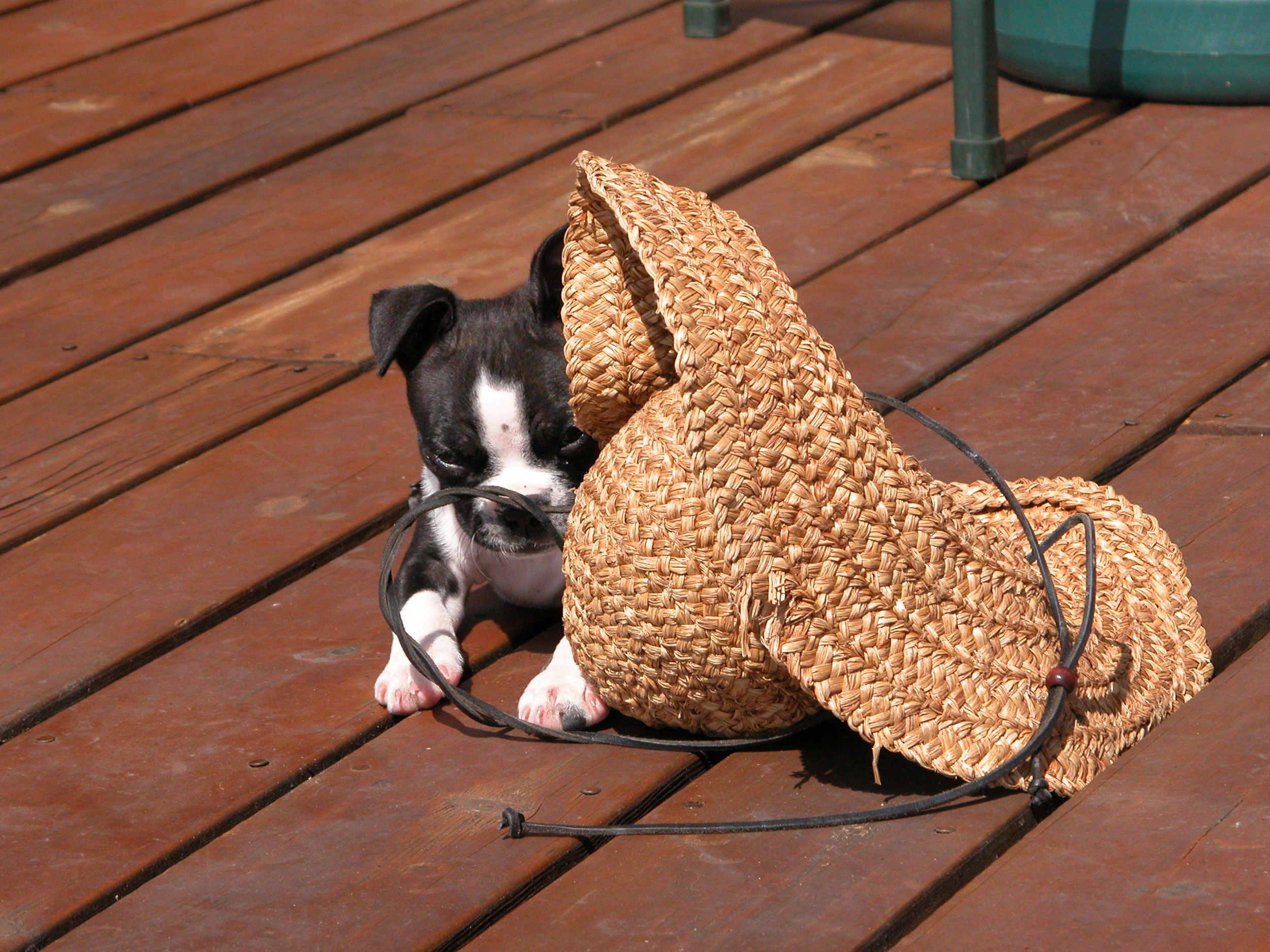Nobody's Home
/I'll be rereleasing an author version of Nobody's Home later this month. It's a book about love and redemption and starting again (and there are dogs!). I thought you might enjoy reading chapter one.
Nick stared at the dazzling white canvas, imagining his bank account like a faucet with a slow leak. He saw his savings as a stack of dollar bills slowly dissolving and dripping away. If he was careful, his money would last until October and the show. If there was a show. Because so far all he had was a stack of primed canvases. The “stellar young talent” needed a new idea. The big blank square in front of him glared back accusingly, as if daring Nick to fail this time. His first show had been a phenomenal success and now the sense of everyone else’s expectations was crippling. Or at least that’s what he kept telling himself, since the other possibility was that his creative well had already run dry. Like a fucking desert.
He swirled raw sienna and titanium white together on his pallet and held up the brush. No. He wiped the brush clean with a turpentine soaked rag and started again. Burnt umber and gray, with a dab of ochre. He cleaned the brush again. This was stupid. All he needed was to outline an image. The color didn’t matter at this stage. Van Dyke brown, straight from the tube.
The blank whiteness stared at him like an accusation. Nothing was coming. He put away his paints and brushes, turned off the fan, shut the window and wiped away the snow that had accumulated on the floor and the inside of the window frame. Painting and sleeping in a 512 square foot studio was cheaper than doing each in a separate space, but it also required that he choose between ventilation and temperature control. In January that meant he painted in a coat and the kind of fingerless gloves he imagined Van Gogh had worn. Which would be a romantic image if it weren’t so damned cold.
Maybe a walk would inspire him. He hadn’t eaten all day and that cheap Pakistani place on 9th sounded good. He was halfway down the stairs when his phone rang. Who called anymore when it was easier to text? He fumbled the phone out of his pocket and answered.
“Nicholas Alsteen?” A man. He couldn’t place the voice. A buyer? Nick hoped so. Selling one of his few remaining finished pieces might take the edge off that damned financial drip.
“Yes.” The familiar stairwell mix of mold and stale cooking enveloped Nick as he waited for the man to go on.
There was a pause and then, “I’m calling about your father.”
“My father?” Nick stopped, one foot halfway to the next step. “There must be some mistake.”
“You’re Nicholas Alsteen, the artist, correct? Your father was Robert Alsteen, he went by—”
“Buddy.” Nick finished. “But whatever you want, I can’t help you. I haven’t seen him in years.”
“He’s dead, son.” Despite the harshness of the words, the voice sounded kind.
Nick sank onto the step.
“My name’s Dan Osborne of the Lacland Sheriff’s Department,” the voice continued. “I’m sorry to spring it on you like this but I’m afraid you’re going to have to come out here. You’re his closest relative. He didn’t leave a will so you’ll need to figure out what to do with his stuff. It isn’t much, the house, a truck. And there’s the…you’ll need to make arrangements for his remains.”
“I think there’s more family somewhere, but he cut himself off.” Nick stared at the dirty stairwell wall, picturing his father’s angry face.
“Doesn’t matter. You’re his legal next of kin.” When Nick didn’t say anything, the sheriff continued, “If you want I can put you in touch with folks who could do it all for you but given everything, it would probably cost more than the estate is worth. And besides, it’s the right thing to do, son. I know Buddy wasn’t easy, but he was your father.”
Some father. But Nick wasn’t exactly in a position to hire out his dirty work. “Okay.”
“When can you come?” Osborne sounded relieved.
Nick looked at his watch, as if that would tell him anything. His calendar was as simple as it could be—big scary opening in nine months, nothing until then. He mumbled something about soon and hung up. A woman was yelling a few floors down. Horns honked outside. A cold blast of air filled the stairwell as the front door opened. Nick stood and climbed back up the stairs, feeling a hundred years older than when he’d started down.
Life stops for death. Nick booked an expensive flight—whatever happened to bereavement rates? He texted Connie at the gallery so she’d know he hadn’t bolted town. He glanced through his phone contact list and decided there wasn’t anyone else who’d really care. He’d always told himself he had to stay detached to have time for his art. But maybe he was more like his father than he wanted to admit. Nick tried to wrap his brain around the thought that the old man was dead. Violent? Yes. Unpredictable? Yes. Crazy? Absolutely. Dead? That was hard to imagine.
When Nick had left with his mother—it must have been almost twenty years ago—he’d vowed never to see the man again. And yet, his father had continued to live somewhere in Nick’s subconscious like a room where the light was always on.
Off.




















